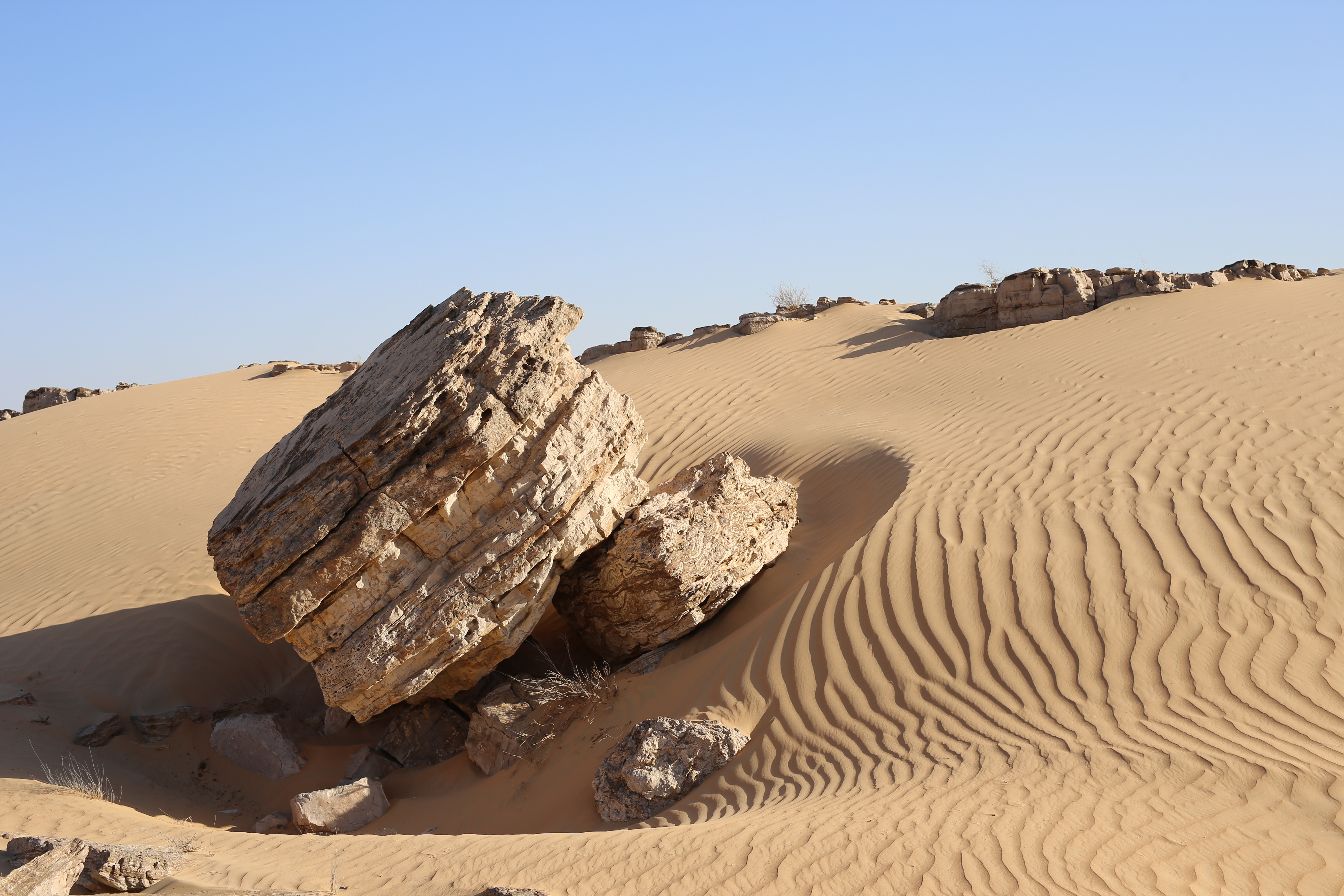Sophia Roosth (Harvard University), “Twenty Years is a Long Time” (Yale Anthropology)
Sophia Roosth (Harvard University), "Twenty Years is a Long Time" (Yale Anthropology)
Monday, April 1, 2019
4:00 PM
Anthropology Department, Room 105, 10 Sachem Street
Sophia Roosth, Harvard University
“Twenty Years is a Long Time”
The rocks beneath Oman archive the Ediacaran Period, which spans 94 million years. This paper reports on my travels in Oman with the Ediacaran Subcommission, which travels the world seeking particular rocks that might be reliable markers for subdividing the long stretch of the Ediacaran into intervals that mark global transformations in earth history. How do geologists and geobiologists working amidst (and, in some ways, in the service of) a liminal Omani modernity rethink geological periodization by suturing peripheral sites into something that is not spatially centralized, but temporally synchronized? I turn to conceptual history to argue that timekeeping in geobiology is in tension with and at times mutually informative of recent modernist approaches to temporality that bypass questions of the relation of the local to the global by interrogating the work by which historical time is synchronized across multiple provincial places. The effect of such time-keeping, for geobiologists and stratigraphers, is a self-consciously constructed “global” time achieved by collaboratively coordinating rocks of the same vintage that appear in “out of the way” places. I conclude by ruminating on how efforts to carve up the geologic record echo problems of periodization that plague historians, anthropologists, and social theorists.
Sophia Roosth is Frederick S. Danziger Associate Professor of the History of Science at Harvard University.
Contact Chelsea Jack for questions about the event: chelsea.jack@yale.edu.
